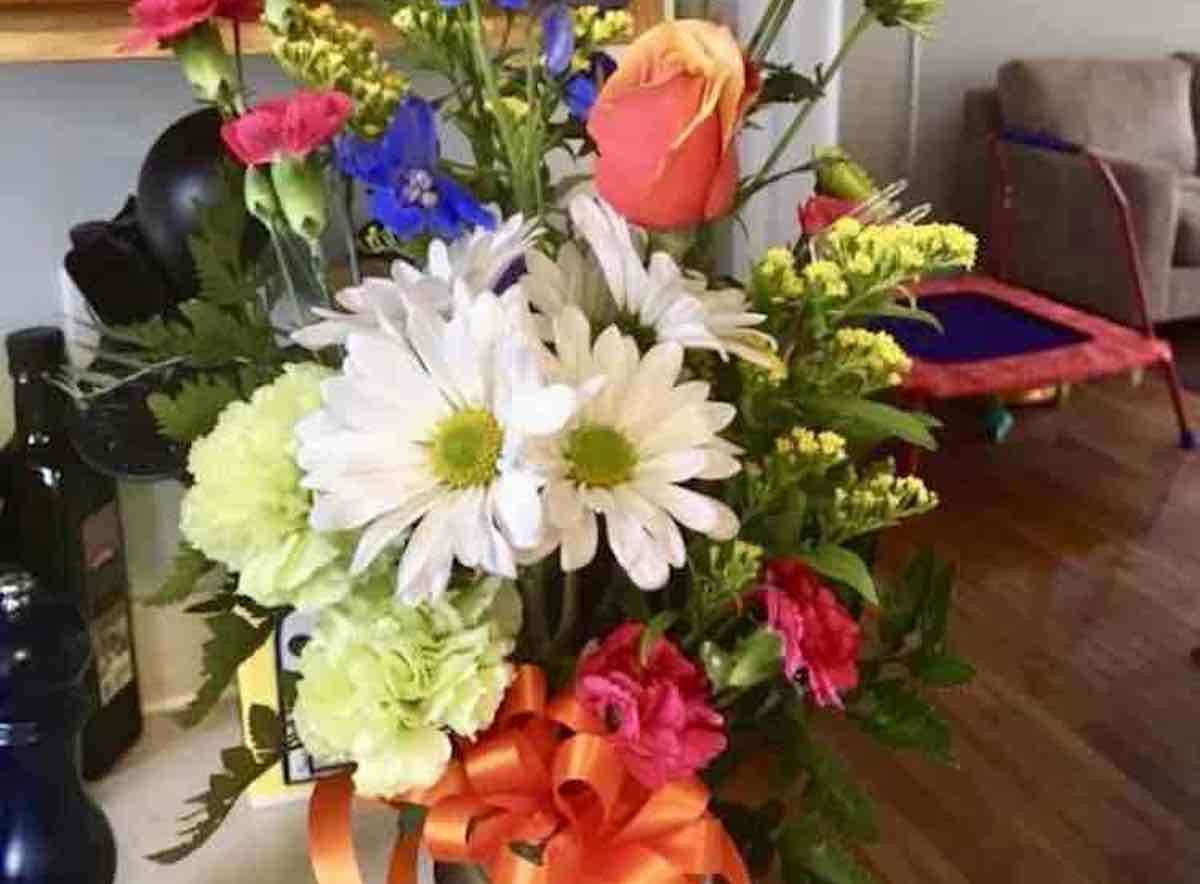Two weeks ago, I was in a cotton hospital gown, rubber-soled socks on my feet, an IV inserted into the top of my hand ready to receive anesthesia. The surgeon arrived with his Sharpie pen and made a mark on my belly where he would make the two-inch incision to repair two hernias in my abdominal wall.
"What should I expect in terms of pain afterwards?" I asked him.
"It depends on the person. I'll give you a prescription for pain medication," he said. "I don't know about you, but I don't like to experience any pain."
Hmm. That used to be me, I thought.
After my mastectomy in 2009, I had tried to "stay ahead of the pain" by alternating between Percoset and Vicoden every couple of hours. Somehow, despite two masters degrees between us, my husband and I both read the post-op instructions the same way (i.e. completely incorrectly). But it made sense since we've grown up in the "I don't like to experience any pain" culture of the United States.
It wasn't long before I flipped from being fearful of pain to becoming disgusted by the total lack of pain I felt where my breast had been (all nerve endings had been removed). I could watch a needle go into the area and feel absolutely nothing. It was worse than pain.
Having immersed myself over the past nine years in the study and practice of mindfulness and the mind/body connection, the surgeon's "I don't like to experience any pain" remark caught my attention.
Taking Myself Off of Autopilot
His offhand comment inspired me to be watchful for autopilot responses to pain. My husband had dutifully picked up the oxycodone prescription as instructed – but I would just wait and see.
I followed the doctor's instructions to take an over-the-counter pain reliever the first night, then to see how it went. Yes, there was some pain, but it was manageable. More importantly, what I didn't have was a big story around it, like "Pain is bad! All pain should be eliminated at any cost!"
Some pain would come in waves, but then it would go away. The most fascinating thing was that I caught myself feeling good more often than I caught myself feeling bad.
Memories of my stoned post-mastectomy stupor bubbled up. I released them, reveling in my clarity of mind and sense of gratitude. Over the first four days after my surgery, I took a total of three over-the-counter pain relief pills. I never even opened the bag containing the bottle of oxycodone.
Pain Perception Under the Microscope
I continued to observe my body's sensory experience in different scenarios. Yes, I rested and slept and even visualized my cells healing as often as I could. The evening of the fifth day, I attended my book club. As I put on my coat to leave, I took note of how little pain I felt (by this point, with no meds at all). Then I stepped outside into the frigid night air.
As soon as the cold hit me, my whole body tensed up and my incision area HURT. Hmm…that's interesting.
Once I was in my car and relaxed into the warmth, the pain eased. The experience confirmed what I had learned from Mindfulness Based Stress Reduction (MBSR) research: pain is exacerbated when our body is tensed.
I did a quick head to toe body scan, releasing my tension. By the time I started the car, the pain had dissolved completely.
In a strange way, the two weeks since my surgery have been sort of fun. More specifically, my ability to respond to pain skillfully rather than reactively, taking intentional delight in pain-free moments, has been transformative.
Click To Share The Painless Wisdom With Your Friends










Be the first to comment